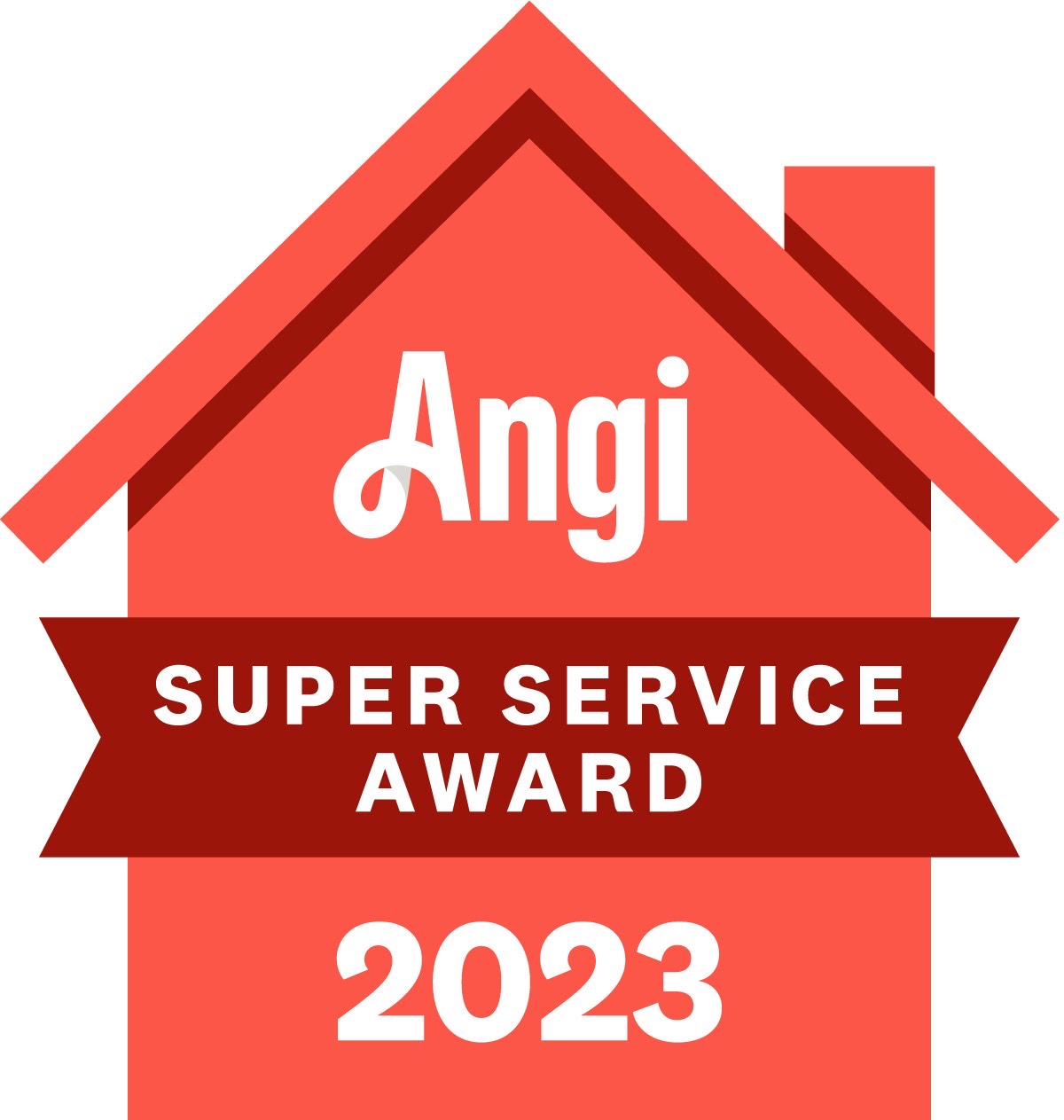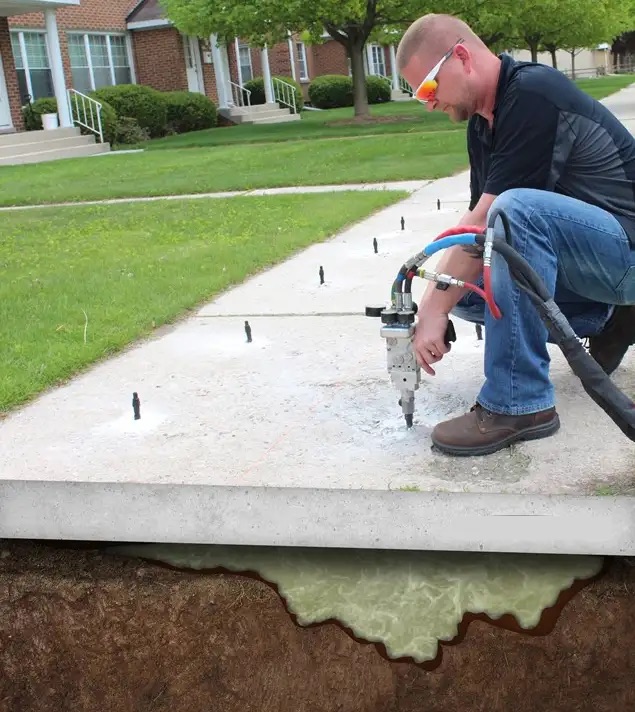A pool deck, often the focal point of recreational activities around a pool, serves as both an aesthetic feature and a functional surface. However, when the pool deck becomes uneven, it presents significant safety concerns that can jeopardize the well-being of pool users. In this discourse, we delve into the risks and impacts associated with uneven pool decks, highlighting the potential dangers they pose and proposing solutions to mitigate these risks.
Risks of an Uneven Pool Deck
- Tripping Hazards: Perhaps the most immediate risk associated with an uneven pool deck is the heightened potential for tripping accidents. Variations in elevation, surface irregularities, and unexpected level changes create prime conditions for unsuspecting individuals to trip and fall, leading to injuries ranging from minor bruises to severe fractures.
- Slip and Fall Accidents: In addition to tripping hazards, an uneven pool deck can exacerbate slip and fall accidents. Uneven surfaces can cause individuals to lose their balance, especially when wet, resulting in slips and falls that can lead to head injuries, spinal trauma, or even drowning if they fall into the pool.
- Limited Accessibility: Uneven pool decks pose challenges for individuals with mobility impairments. Wheelchair users, elderly individuals, and those with ambulatory difficulties may find it difficult or even impossible to navigate across uneven surfaces, thereby restricting their access to the pool area and limiting their participation in recreational activities.
- Structural Damage: Beyond the immediate safety concerns for users, an uneven pool deck can also lead to structural damage over time. Uneven settling or shifting of the deck can place stress on the pool’s surrounding infrastructure, potentially causing cracks, leaks, or even collapse if left unaddressed.
Impacts of Safety Concerns
- Legal Liabilities: Property owners or managers with uneven pool decks may face legal liabilities in the event of accidents resulting from unsafe conditions. Lawsuits arising from injuries sustained on the premises can lead to significant financial repercussions, tarnished reputations, and increased insurance premiums.
- Reputation Damage: Safety concerns associated with an uneven pool deck can tarnish the reputation of a pool facility or establishment. Negative publicity stemming from accidents or injuries may deter potential patrons, leading to decreased attendance, revenue loss, and diminished trust in the establishment’s commitment to safety.
- Decreased Enjoyment: Pool users may experience decreased enjoyment and relaxation due to concerns about safety hazards. Fear of injury or discomfort from navigating an uneven surface can detract from the overall experience, limiting the pool’s appeal and deterring repeat visits.
- Economic Losses: Safety concerns stemming from an uneven pool deck can result in economic losses for businesses reliant on pool-related revenue. Reduced patronage, coupled with expenses incurred from legal battles or necessary repairs, can erode profits and jeopardize the financial viability of the establishment.
Solutions to Mitigate Risks
- Regular Inspection and Maintenance: Implementing a routine inspection and maintenance schedule is crucial for identifying and addressing unevenness or deterioration in the pool deck surface. Prompt repairs of cracks, bumps, or other irregularities can prevent accidents and prolong the lifespan of the deck.
- Professional Resurfacing: In cases where the pool deck exhibits extensive damage or unevenness, seeking professional resurfacing services can provide a durable and level surface. Options such as concrete overlays, pavers, or textured coatings can enhance safety while rejuvenating the aesthetic appeal of the pool area.
- Pool Deck Stabilization: Another effective solution for addressing uneven pool decks is pool deck stabilization. This involves techniques such as soil stabilization, grouting, or underpinning to reinforce the foundation beneath the deck, minimizing the risk of settling or shifting that contributes to unevenness.
- Slip-Resistant Coatings: Applying slip-resistant coatings to the pool deck surface can enhance traction and reduce the risk of slip and fall accidents, particularly in wet conditions. These coatings can be customized to complement the design aesthetic of the pool deck while prioritizing safety.
- Accessibility Improvements: Implementing accessibility improvements, such as installing ramps, handrails, or designated pathways for wheelchair users, can enhance inclusivity and ensure equitable access to the pool area for individuals with mobility impairments.
- Education and Awareness: Educating pool users about potential hazards associated with uneven pool decks and promoting safe behavior can help mitigate risks. Signage, informational materials, and staff training programs can raise awareness and encourage proactive safety measures.
Conclusion
An uneven pool deck presents multifaceted safety concerns that can impact the well-being of pool users, expose property owners to legal liabilities, and undermine the reputation and economic viability of pool facilities. By addressing these risks through proactive maintenance, safety measures, pool deck stabilization, and accessibility improvements, stakeholders can create safer and more inclusive pool environments conducive to enjoyment, relaxation, and recreation for all.









